
Mitie
A key objective for Mitie was digitisation. The site was using Planet, a Computer Aided Facility Management system, in conjunction with a telephone helpdesk, paper job dockets, and radio communication—a process which had remained unchanged for over 22 years. Mitie wanted to upgrade their strategy and operation, so mobile and smart technology was enlisted to drive this.
The technology was designed with a focus on improving operational efficiencies by ensuring facilities support requests are assigned to the right staff at the right time. The primary users of the system are porters, cleaners, FM management, and hospital staff, all of whom required a solution that allowed them to log tasks in real-time and allocate resources efficiently. Data captured shows that task request volumes across the Mitie porter & cleaning teams have increased by 83% since Navenio’s implementation, but with response times decreasing by 65% and 47% for porters and cleaners respectively. Mitie has achieved this uplift with the same staff base, simply with more efficient prioritisation and allocation.
To minimise disruption and encourage engagement, the technology was tailored specifically for the workflows within Cumberland Infirmary. This involved thorough pre-work, including gathering requirements from various stakeholders, mapping out the hospital site, and running a User Acceptance Testing (UAT) process to ensure that the solution aligned with the hospital's operational needs.
Formerly, Cumberland Infirmary was considered to have very poor adoption regarding digital systems. This process, and a system which prioritised ease of use, proved very effective as an impressive 83% average engagement rate was achieved by clinical teams raising tasks within 3 months (versus calling Helpdesk).
The deployment process involved a structured rollout where teams across the hospital were introduced to the platform in phases, allowing for gradual integration and reducing any potential disruption to ongoing services. Comprehensive training was provided that focused on how to use the system for task requests and monitoring. Training included classroom sessions, hands-on practice, and digital learning materials to accommodate different learning preferences and schedules. “Superusers” were also trained to provide in-house support, ensuring issues were quickly addressed and adoption was consistent across departments.
The Navenio deployment has been instrumental in helping Mitie to reduce response times and optimise staff workflows within porter and cleaning teams, leading to significant improvements in patient flow and overall operational efficiency. The system has been adapted to meet the site’s specific requirements, allowing for faster task assignments, better communication between departments, and improved response within hygiene and safety standards, particularly during peak outbreak periods. This collaboration with Navenio has enabled Mitie to better support patient outcomes and exceed its service targets. The partnership between Mitie, Navenio, and Cumberland Infirmary has also had a direct impact on patient experience, particularly through the optimisation of hospital workflows. Faster patient transfers have resulted in smoother patient flow and the supporting of timely medical appointments/interventions. The system offers visibility to all stakeholders in relation to their facilities requests with an online, real-time view of requests which has improved the relationship between Mitie and clinical teams and offered a dynamic view for hospital coordinators to assist with the management of patient flow. Faster response to cleaning requests has supported the maintenance of a high level of hygiene standards, contributing to a safer environment for patients and staff, and helped to manage infection control.
By streamlining hospital workflows and task allocation, the technology has optimised how facilities staff are deployed across the hospital, reducing the time it takes to assign tasks and increasing overall efficiency. This has directly translated to faster patient transfers, more efficient bed management, and improved coordination across different departments. As a result, staff have been able to focus more on patient care rather than administrative or manual task assignment.
During its use since November 2022, Navenio has helped Mitie to decrease response times from 21.2 to 7.3 minutes for porter requests, allowing for quicker patient transfers and delivery of key items, and 58 to 30.6 minutes for cleaning requests, giving faster room turnovers. This has allowed for the intelligent and location-driven reallocation of tasks to the appropriate teams, meaning Mitie completes a larger number of requests with existing team size, and returning 6.1 FTE clinical equivalents back to care per week.
With this, the deployment of the technology has led to a measurable improvement in patient throughput, enabling staff to treat more patients without compromising on quality of care. During periods of high demand, these efficiency gains are helpful to minimise disruption to patient flow as porter transfers or bed cleans are reacted to much more quickly. As a result, clinical resources can be reallocated to patient care, instead of performing tasks which should be directed to facilities teams.
Patients benefit from faster service, whether it’s quicker room cleaning, more timely transport, or better access to critical care-supporting resources. The reduced time waiting for facilities services has a positive effect on patient satisfaction, as individuals can move through clinical departments more efficiently to receive the care and attention they need.
In terms of processes and systems, the software has delivered value through enhanced data-driven decision-making. The insights generated by Navenio's system allow the hospital management team to monitor task completion times, resource allocation, and workflow efficiency in real-time. This enables continuous improvement and optimisation of processes, leading to sustained efficiency gains over time. The long-term impact is a more resilient and responsive facilities-supported hospital system, capable of adapting to the evolving needs of both patients and staff.